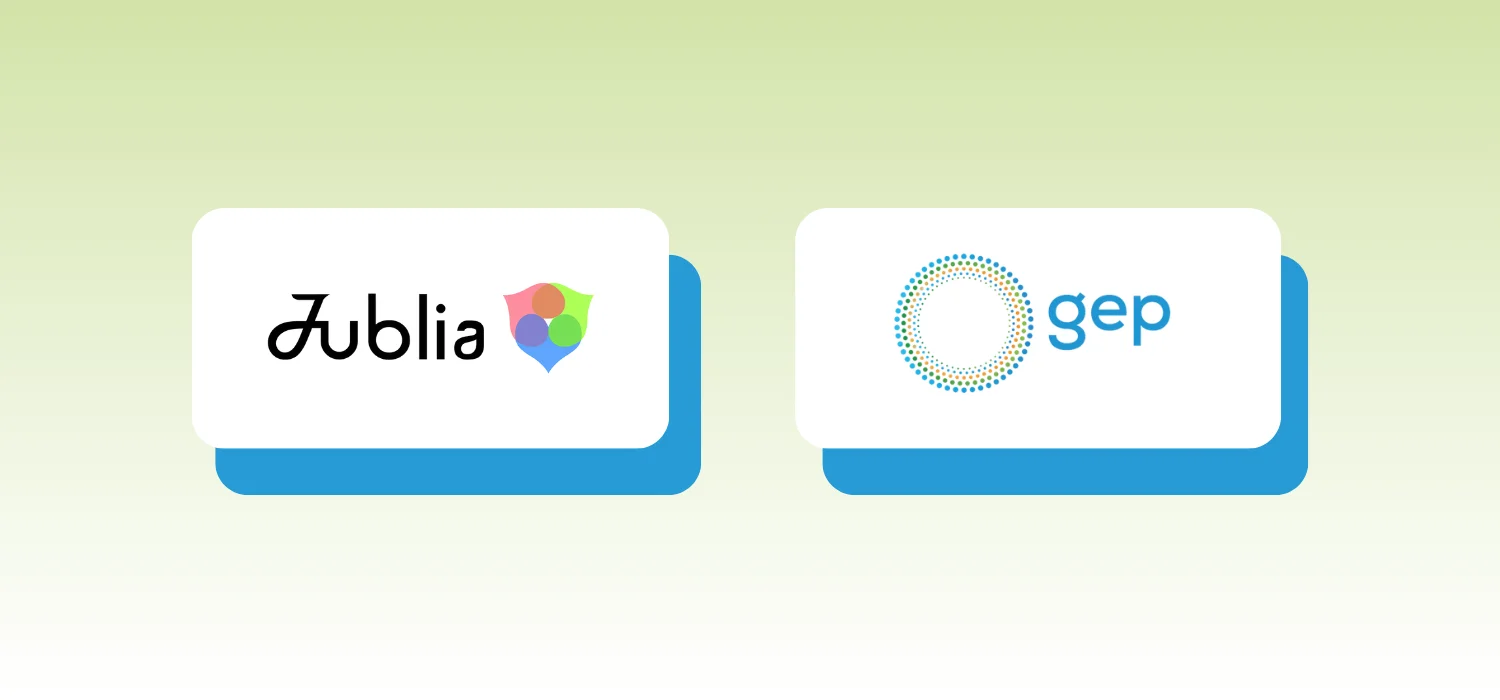Join our newsletter for the inside scoop on Jublia and the events industry

Actual article date: Jun 5, 2015
The last 5 events that I’ve attended this year had event apps, and the next couple more will be having event apps. By now if you haven’t realized that event apps are the new big technology play in the MICE industry, you’re missing out. Just to be clear, when I say “event app”, I mean a software (native of browser-base) that functions as an application to provide value to the attendees as well as to the organizers of the event.
Personally, I find event apps great and the possibilities, like saving on certain cost or improving revenue, a lot more attainable through them. Is this a tell tale sign for a new event standard? Perhaps. Still, through my conversations with organizers I’ve found myths that have existed as a barrier for some to make a more informed decision.
How can we afford to pay for an event app these days when it is so expensive? I can’t wait 4 to 6 weeks for development. My event is too small, I do not need any form of event apps. I need an event app because my attendees are expecting one.
An organizer averages around 4 to 8 weeks to deliver an event from scratch. Part of these 4 to 8 weeks involve integrating an event app to their events. The issue lies in the apparent timeline required to develop an event app. If this Myth is true, the whole value proposition of having an app for an event is redundant.
Is this myth true? Well, if you are looking to develop an event app entirely from scratch, it pretty much is. However doing so is sometimes counter-productive, a lot more expensive and most importantly untested as well as unproven. Event apps should be build off the back of a framework that allows for the core technology to be reusable while still offering full while-labeling options for clients. It boils down to your key purpose for having an event app because that would influence the type of core technology that is required. Through proper planning and working with the right provider, an organizer should be able to see a fully designed event app that is in accordance to the value expected of it, within a week.
As with every purchase, one needs to be shrewd and analyze the ROI. If you do this then the issue of cost would be relative to the amount of value that you have received. I say this because there are different types of event apps in the market. While some present a fully static content platform, others present a more holistic solution that allows you to increase your event revenue. It goes without saying that if the event app can help you generate revenue over and beyond its costing, the issue of cost become rather irrelevant.
Is this myth true? In most cases yes, but only because there hasn’t been a clear engagement or maintenance strategy for the app. When working with a provider be sure to set realistic KPIs that can be quantified. The number of user adoption is one example of a KPI. It would be even better to work with a provider whose pricing is peg to the performance of the event app. That way you’ll know that you are being charged for the actual value transacted at the event. It would also help weed out providers whose technology fall short. If your providers are giving you a paltry 10% user adoption at your shows, you need to explore new and better options or at least analyze and re-discuss your existing engagement strategy.
Feedback and surveys help you discover the sentiments of your attendees. They are important. Saying so, one shouldn’t blindly follow everything that’s being said but learn to read deeper within and between the lines. For instance, some attendees expect an event app for better content. This can be easily fixed with a mobile optimized website. Others attendees expect an event app for capturing their networking potential better. This can be achieve with a personalized networking service, and if an app is made you would know to focus most resources on honing the networking function because that is exactly what your customers want.
Is this myth true? In most cases no, unless they are technology enthusiasts or app fanatics. Event attendees are expecting to derive value for exhibiting at a trade show or for attending a conference. Having an event app for the sake of having one doesn’t help justify their reasons for attendance and is a sure way to propagate bad publicity for your show (especially if the app does virtually nothing, I’ve seen some like that!). App or not, answering the needs of your customers and showing them why they have made the correct choice by attending your event is the ultimate expectation that they have.
 From Tools to Intelligence: Why 2026 Will Redefine the Event Tech Playbook
From Tools to Intelligence: Why 2026 Will Redefine the Event Tech PlaybookInsights from Jublia’s founders on what it takes to build AI-native events in 2026
 Unifying Regional Conferences Through Content & Connection
Unifying Regional Conferences Through Content & ConnectionHow Global Event Partners powered multi-city engagement with Jublia’s Multi-Event App
 What Attendees Really Want: Personalization in Events
What Attendees Really Want: Personalization in EventsEnhancing Engagement with AI and Smart Strategies for Personalized Event Experiences


